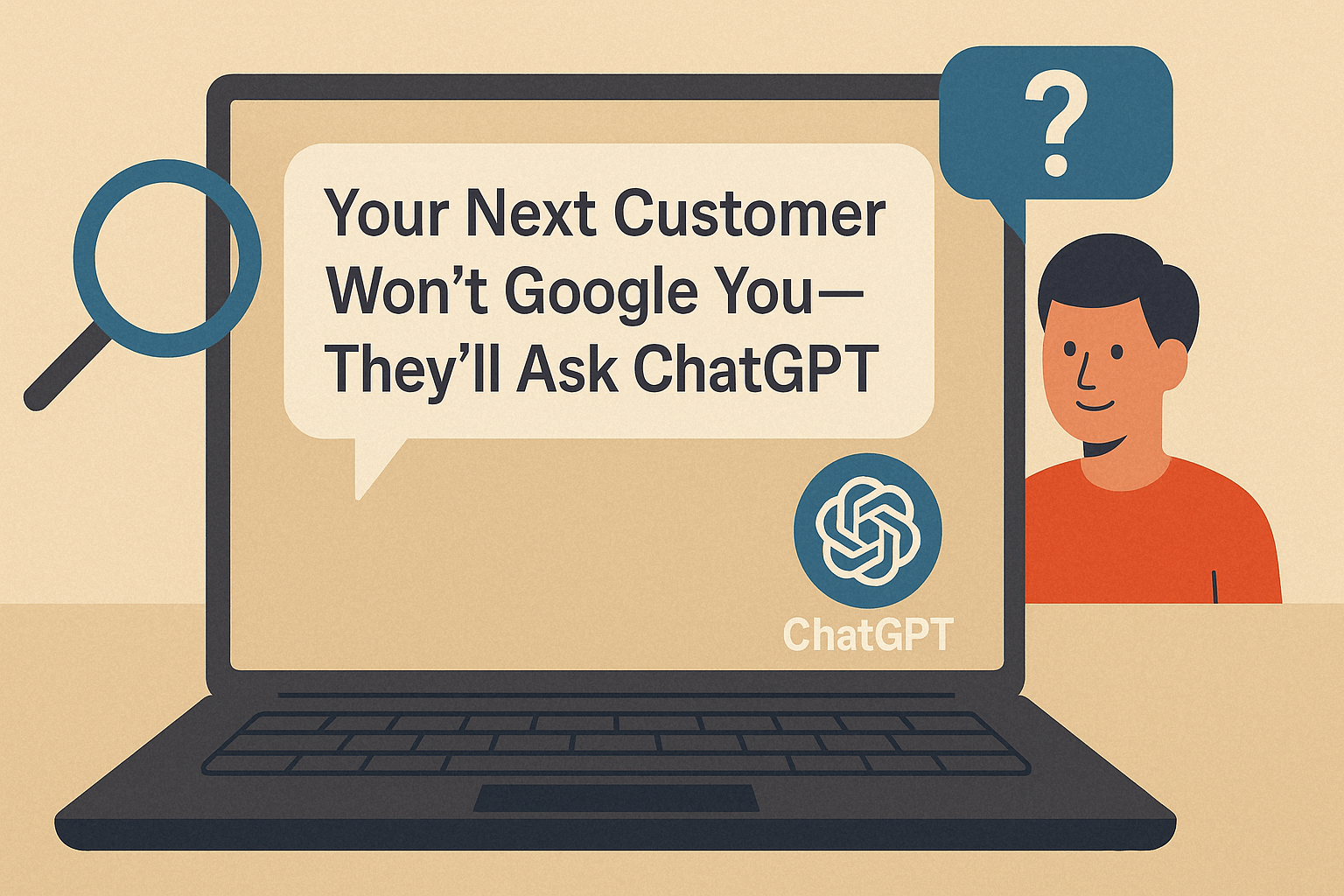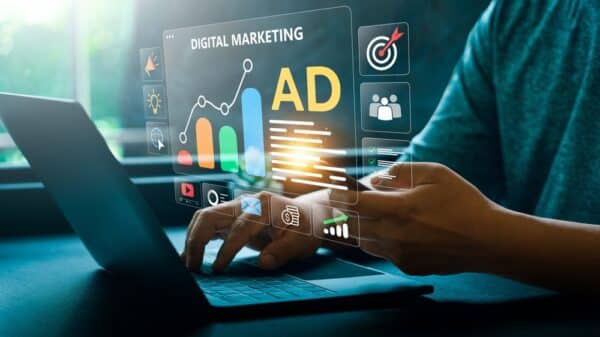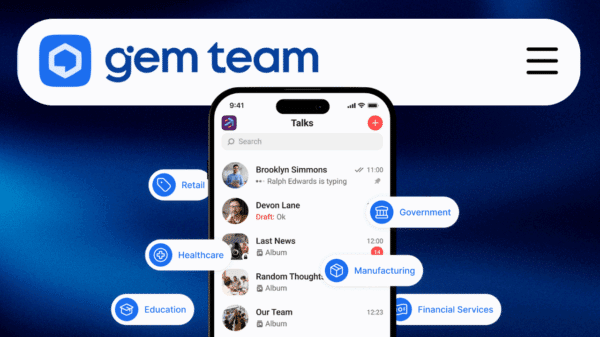Imagine your next sale doesn’t come from a Google ad, a TikTok video, or a Meta carousel—but from a conversation. No clickbait, no funnel, just a single query:
“Where can I buy a sustainable yoga mat?”
And instead of a list of links, the user gets an answer—your product, your brand, front and center.
That future isn’t far off. It’s here.
OpenAI has officially introduced a new feature called Search Product Discovery, and it’s poised to radically reshape the way consumers discover, evaluate, and interact with products online. With the launch of ChatGPT’s product recommendation capabilities, powered by structured data and merchant feeds, we’re entering an era where intent is conversational—and discovery is frictionless.
So what does this mean for brands and eCommerce leaders? A lot.

Conversational Commerce Is No Longer a Buzzword
Until now, the phrase “conversational commerce” was more of a vision than a reality. Today, it’s becoming the interface.
OpenAI’s new OAI-SearchBot is actively crawling merchant websites to extract structured product data—think prices, descriptions, availability, and more. Soon, that data will power product recommendations directly inside ChatGPT’s conversations.
That means when a user asks something like, “What’s a good travel backpack under $100?”, ChatGPT may respond with actual product suggestions—complete with descriptions and links—pulled directly from your product feed or site metadata.
Right now, it’s still early. The system relies on structured data scraped from websites, but OpenAI has confirmed that direct feed submissions are coming—a move that gives brands more control and greater visibility.
It’s not quite a full-fledged shopping marketplace (yet), but make no mistake: this is the beginning of a new product discovery experience—one driven not by search intent, but by conversation intent.
Why This Signals a Paradigm Shift for eCommerce
This isn’t a new sales channel—it’s a fundamental shift in how people shop.
- From keywords to context: Traditional search relies on precise keywords. ChatGPT understands nuance and conversational phrasing, interpreting what a user means, not just what they type.
- No ads, no CPC (yet): In these early stages, placement isn’t paid—it’s earned. That means product visibility will depend on feed quality, not budget.
- Relevance over rank: AI isn’t ranking results based on backlinks or bidding. It’s prioritizing relevance and clarity based on structured data and user intent.
- Product feeds are the new SEO: Think of your feed as the new foundation of discoverability. A clean, enriched, category-specific feed isn’t just helpful—it’s essential.
Consumer behavior is evolving fast. We’re already seeing how generative AI is influencing product consideration, comparison, and shortlist decisions. The brands that recognize this—and act accordingly—are the ones that will benefit first.
The AI Discovery Shift Is Already Underway
Still think this is years away? It’s already in motion.
According to Search Engine Land, click-through rates on top search results dropped 30% when Google introduced AI Overviews. That’s a staggering shift in attention—and potential revenue—away from traditional SEO.
Meanwhile, Google’s Gemini is now integrated with Merchant Center, drawing real-time product data into AI-powered search responses. And with OpenAI’s announcement of feed submissions for ChatGPT, another key player has entered the race.
The landscape of online discovery is being redrawn in real time. It’s no longer just about being ranked—it’s about being read by the right AI at the right time.
The takeaway? If you’re not in the feed, you’re not in the conversation.
What Smart Brands Are Doing Right Now
The brands that win in this new environment won’t be the ones with the biggest budgets. They’ll be the ones who adapt fastest.
Forward-thinking teams aren’t just watching—they’re actively experimenting. They’re testing feed formats, adjusting metadata, and thinking beyond the keyword.
Here are six questions those teams are already asking:
- What should a ChatGPT-optimized product feed look like?
- Can A/B testing reveal which structures perform best in AI results?
- How should product descriptions be written for dialogue, not just search engines?
- Is your robots.txt or site configuration blocking OAI-SearchBot?
- Which products are naturally suited to conversational queries?
- If ChatGPT starts generating traffic, what’s the best way to track and attribute it?
This isn’t about future-proofing. It’s about present-preparing.
How to Stay Ahead of the Curve
The smartest brands are treating this moment like the early days of search or social. They’re investing in feed optimization strategies, auditing their structured data, and tracking every move OpenAI makes.
If you’re revisiting your product feed strategy, this is the time to rethink everything—from taxonomy to tone.
Want to stay ahead of the game?
You can sign up for updates and express interest in feed submissions here:
👉 https://openai.com/chatgpt/search-product-discovery
Final Thought: This Is More Than Just a Trend
AI isn’t just changing how people search.
It’s reinventing how people discover.
And if your product data isn’t part of that discovery experience, you’re already playing catch-up.
The same product feed that once powered Shopping Ads or DPA campaigns is now becoming the core infrastructure of AI-driven commerce. Brands that invest today—in enriched, structured, well-organized product data—are building the foundation for zero-click, voice-assisted, and conversational shopping journeys.
This is not the end of the funnel. It’s the beginning of something entirely new.
So the question isn’t whether AI will shape the future of shopping.
The question is: Will your brand be part of the conversation?











